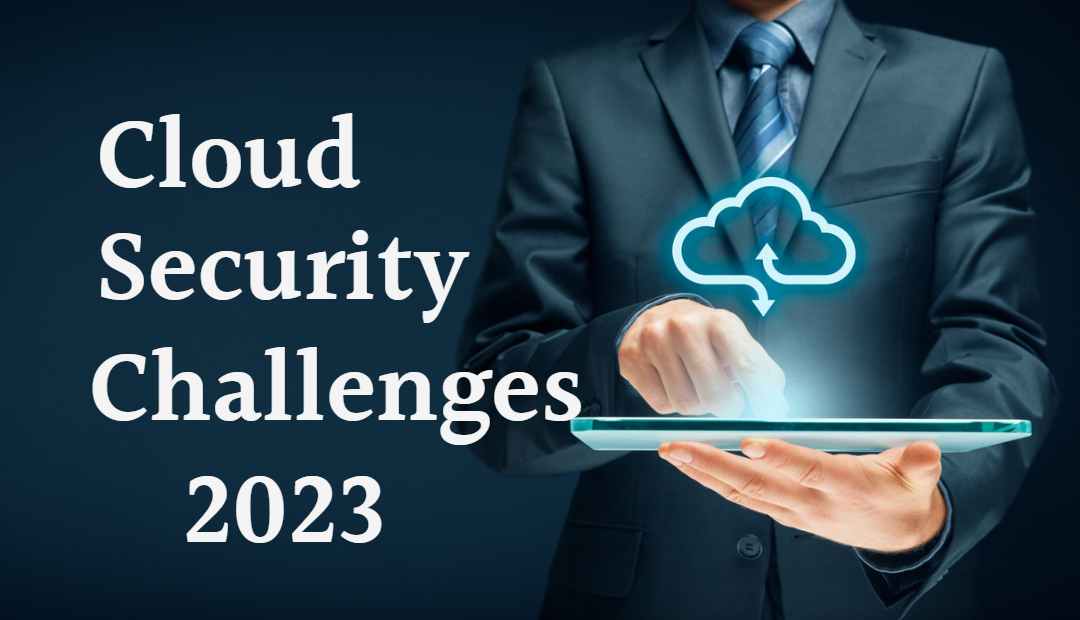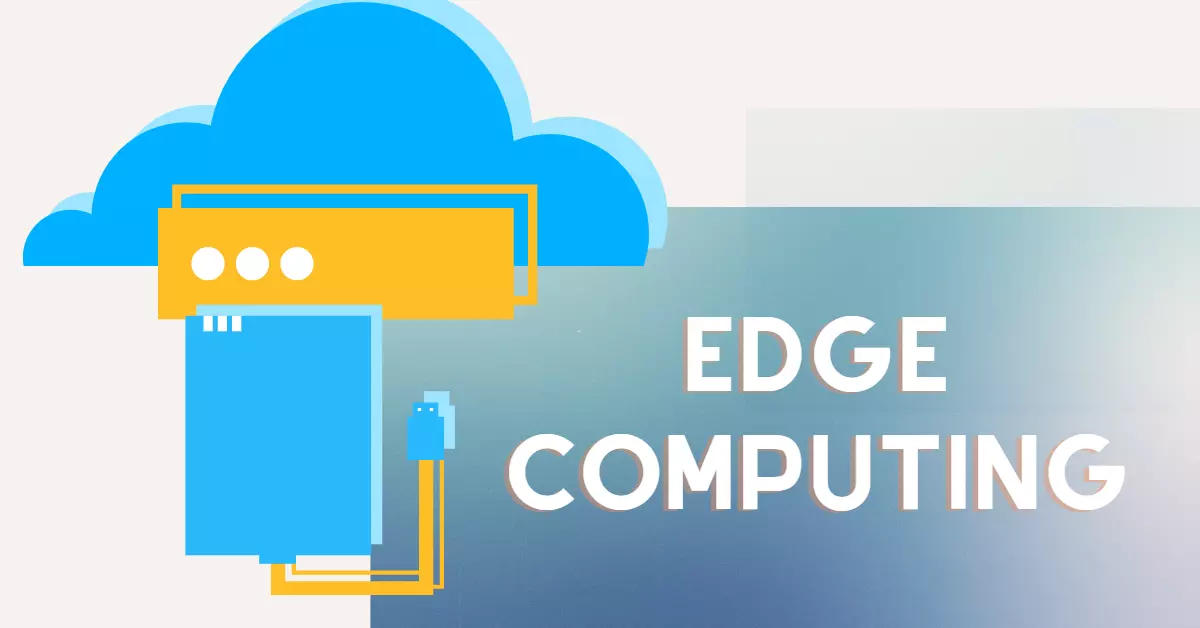Cloud computing has revolutionized the way businesses operate, but what’s next for this technology? The future of cloud computing is constantly evolving, and it’s important for businesses to stay ahead of the curve in order to remain competitive.
In this blog post, we’ll take a look into the future of cloud computing and explore its potential impact on enterprises. From advancements in automation and artificial intelligence to the increasing importance of security and compliance, we’ll cover everything you need to know about the future of cloud computing and how it will shape the way businesses operate. With this in-depth analysis, you’ll be able to stay ahead of the game and take advantage of the latest cloud computing trends.

Trends of Cloud Computing
Trend #1
One of the biggest trends in the future of cloud computing is the increasing use of automation and artificial intelligence. As these technologies become more advanced, they will allow businesses to automate a wide range of tasks, from data management to security and compliance. This will help organizations to reduce costs and increase efficiency, while also allowing them to focus on more strategic initiatives.
Trend #2
Another important trend in the future of cloud computing is the increasing importance of security and compliance. With the rise of cyber threats and data breaches, businesses will need to take a more proactive approach to security in order to protect their data and applications. This will involve implementing new security protocols, such as multi-factor authentication and encryption, as well as leveraging advanced security tools such as machine learning and artificial intelligence to detect and respond to threats.
Future Of Cloud Computing Impact on Business
The future of cloud computing is also likely to see an increase in the adoption of multi-cloud and hybrid cloud strategies. Rather than relying on a single cloud provider, businesses will increasingly use a mix of public, private, and hybrid clouds to meet their specific needs. This will allow them to take advantage of the strengths of different cloud providers, such as cost savings, scalability, and security.
The rise of edge computing is also predicted to be a big trend in the future of cloud computing. Edge computing is a distributed computing paradigm that brings computation and data storage closer to the devices that generate and use the data. This will allow organizations to process and analyze data in real-time, even in remote and disconnected locations, which can be useful for IoT (Internet of Things) and other use cases where low latency and high bandwidth is important.
The future of cloud computing is constantly evolving and businesses need to stay ahead of the curve in order to remain competitive. From automation and artificial intelligence to security and compliance, the future of cloud computing is expected to bring many new opportunities for businesses to increase efficiency, reduce costs, and improve the way they operate.
By staying informed about the latest trends and advancements in cloud computing, organizations can take advantage of the latest technologies to stay ahead of the competition and achieve their business goals.
Stay Informed : Subscribe Cloud Amigo Newsletter
Another area where the future of cloud computing is expected to have a significant impact is on the way businesses handle their data. With the increasing amount of data being generated, businesses will need to find new ways to store, manage, and analyze that data. In the future, cloud computing will play an important role in this by providing scalable and cost-effective data storage and processing solutions. This will allow businesses to analyze large amounts of data in real-time and make better, data-driven decisions.
Moreover, the future of cloud computing is also likely to see an increase in the use of containers and microservices. Containers and microservices are lightweight, portable, and easy to deploy, which makes them a great solution for businesses that need to run their applications in different environments. They also allow for faster scaling and deployment, which can help to improve the speed and efficiency of the software development process.
Finally, the future of cloud computing is expected to bring more focus on the user experience. With more and more businesses moving their applications and services to the cloud, it’s important to ensure that users have a seamless and consistent experience across all devices. This will involve providing better integration between different cloud services, as well as developing more intuitive and user-friendly interfaces.
In conclusion, the future of cloud computing is expected to bring many new opportunities for businesses to increase efficiency, reduce costs, and improve the way they operate. From automation and artificial intelligence to security and compliance, the future of cloud computing is expected to bring many new technologies that will help businesses to stay ahead of the competition and achieve their business goals. By staying informed about the latest trends and advancements in cloud computing, organizations can take advantage of the latest technologies to stay ahead of the competition and achieve their business goals.


